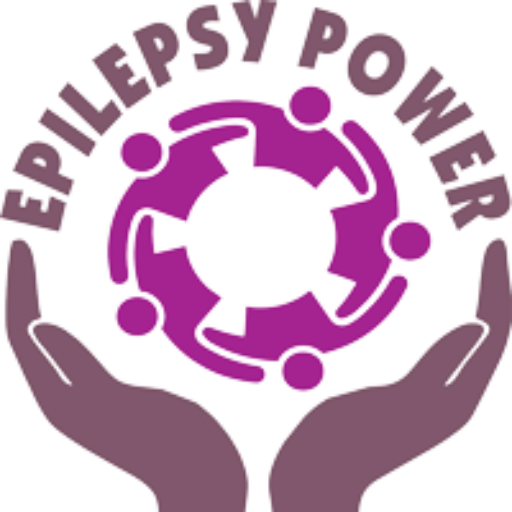In order to successfully look for a job with epilepsy, you first have to start exactly where all other people do: with yourself. You have to ask yourself honestly what you are good at, what you are not so good at, and above what it is that you want. This question should mark the start of career orientation for everyone, including individuals with epilepsy. Prioritizing this step is crucial. While managing the limitations that epilepsy may impose, the initial focus should be on clarifying your goals and aspirations.
Only in the second step you should deal with the limitations that come with your epilepsy. Here, there are two questions that come before all others: Can their epilepsy cause a threat to the well-being of yourself in the workplace? Or can other people be endangered by it in the workplace? Epilepsy has many faces and comes in diverse shapes and forms. Match your career aspirations with your individual manifestation of epilepsy and see what options remain for you. Be realistic, but also self-confident. You should definitely avoid ruling out options too prematurely.
When you have developed certain professional goals, you can watch out for support. It is important to know the legal conditions for working with epilepsy. For legal inquiries and guidance regarding public support for labor market integration, such as training opportunities, workplace safety measures, or tips for navigating job interviews, seek assistance from specialists who are eager to help. Consider seeking advice from appropriate experts or connecting with a supportive self-help group to ensure you don’t face the challenges of launching your career alone.
Information sources used
Landesverband Epilepsie Bayern e.V.. Epilepsie-Lehrerpaket, https://www.epilepsie-lehrerpaket.de/docs/4_schule_zu_ende.html [accessed 16.10.2023].
Hexal, Epilepsie muss keine Hürde sein https://www.hexal.de/hcp/magazin/antwortgeber-magazin/epilepsie-muss-keine-h%C3%BCrde-sein [accessed 16.10.2023].
Hexal, Epilepsie hat viele Gesichter, https://www.hexal.de/hcp/magazin/antwortgeber-magazin/epilepsie-muss-keine-h%C3%BCrde-sein/epilepsie-hat-viele-gesichter [accessed 16.10.2023].
Betanet – beta Institut gemeinnützige GmbH, Epilepsie > Beruf, https://www.betanet.de/epilepsie-beruf.html [accessed 16.10.2023].
InGE – Interessengemeinschaft Epilepsie Kiel e.V., Beruf und Epilepsie, https://www.inge-kiel.de/was-ist-epilepsie/beruf-und-epilepsie/ [accessed 16.10.2023].
Michael Schnelder, Verhalten am Arbeitsplatz und gegenüber dem Arbeitgeber Informationszentrum Epilepsie (ize) der Dr. Gesellschaft für Epileptologie e.V., orig. 1999, Juni 2009, http://www.izepilepsie.de/home/showdoc,id,399,aid,396.html [accessed 16.10.2023].
Epilepsie Netz, Epilepsie und Berufstätigkeit, http://www.epilepsie-netz.de/158/Beruf.htm [accessed 16.10.2023].
Epilepsie und Arbeit Gemeinnützige Beratungs- und Entwicklungs GmbH, Die Leitlinie für Epilepsie und Arbeit (August 2013), https://sozialministeriumservice.at/Downloads/eua_leitlinie_epilepsie_arbeit1.pdf [accessed 16.10.2023].
Epilepsie Projekt „Brücken bauen“, Arbeit und Epilepsie. Was muss ich als Arbeitnehmer wissen? Eine Informationsbroschüre für Arbeitnehmer, https://berufsbildungswerk.diakonie-stetten.de/fileadmin/diakonie-stetten/Einrichtungen/GB_Berufl._Bildung/BBW_WN/Download_PDF/Broschueren_Nuetzliches/Epilepsie_Broschuere_fuer_Arbeitnehmer.pdf [accessed 16.10.2023].
